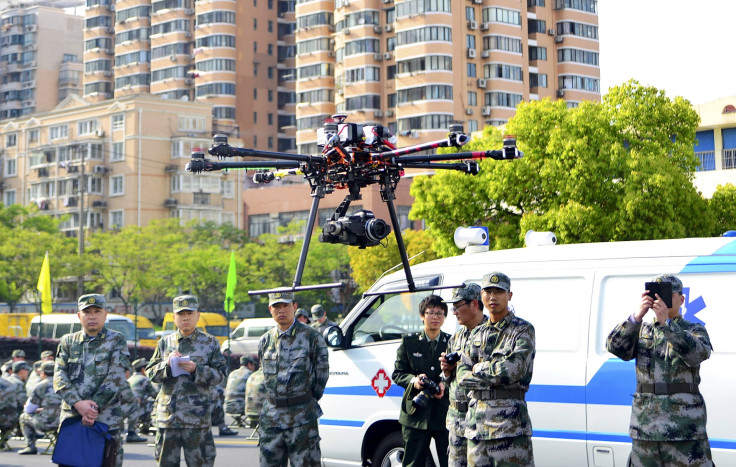Insurers Using Drones To Replace Agents In Claim Processing, Study Says

Every industry is inching towards automation and the insurance industry is no exception. According to a white paper titled “2017 Future of Claims Study” published by the legal research firm Lexis Nexis, insurance claims are being increasingly processed using drones, artificial intelligence and app-based interfaces as opposed to sending field agents to examine such claims.
The study was conducted using a sample size of 24 insurance executives and their opinions on automation in insurance. The push towards automation is largely driven by customers’ need for faster and more convenient processing of claims.
“ While there hasn’t yet been a complete shift to Virtual Claims handling, carriers who want to remain competitive will need to make the move to virtual and consider touchless processing if customer preferences are any indication,” the study says.
In a traditional insurance setup, an adjuster — a person who assesses insurance claims goes to the field, inspects the insured instrument, whether a vehicle, a property or anything else and prepares an estimate.
Virtual handling of claims via drones can send back damage photos and even live stream video of the damage to the adjuster and the claims can be processed remotely. It could shorten the 10-15 days average cycle time for claim processing to just 2-3 days.
Claim assessments via drones and remote processing might speed up the process to a much faster rate which could make the insurance cycle much shorter and increase self-service options i.e. customers will not have to wait for an insurance agent, but instead schedule their appointments for claim processing according to their own convenience.
According to the study, the process might soon transform into “touchless handling” — all assessment and processing might be done via technology with no need for human involvement.
According to Engadget, nearly 40 percent insurance companies, in many cases, don’t send out agents for inspection anymore.
Automation, at this point in time, might be critical to the insurance industry, since claim severity has risen 8.2 percent, just from 2014-2016.
As insurers compete for a large market in a recovering economy, mobile and virtual claims capabilities might help them compete better and attract customers with the promise of better claims processing. The use of technology in claims processing, the study claims, will reduce costs, improve efficiency and mitigate risk better.
The use and adoption of new claim processing technology might also help new players compete with large, traditional insurance companies with a slow rate of adoption for automation.
Read: U.S. Army Orders Units To Stop Using DJI Drones Over Concerns
While automation will eat away human jobs in the insurance industry, it will make things for convenient on the consumer-end. How people react to the loss of the human touch in this field remains to be seen.
“Regardless of where carriers are positioned on the continuum of the evolution of automated claims processing, the trend towards virtual—and eventually touchless—claims is inevitable. Clearly, the industry is moving toward increasing automated claims handling processes driven by technology-enabled solutions that yield benefits for both carriers and customers” the study says.
© Copyright IBTimes 2024. All rights reserved.




















